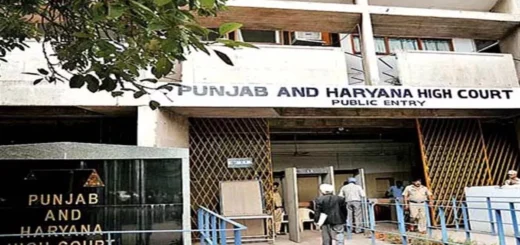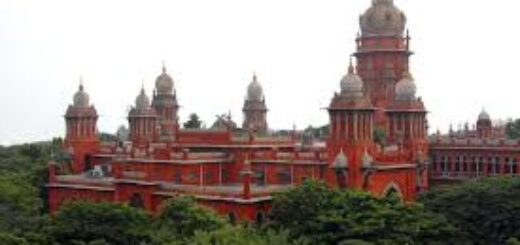Light Motor Vehicle License Holders Can Operate Transport Vehicles Under 7500 Kgs: Supreme Court

The Supreme Court’s Constitution Bench has stated that individuals with a ‘light motor vehicle’ (LMV) license can drive light transport vehicles weighing less than 7500 kilograms. This clarification was made by a five-judge Bench led by Chief Justice Dr. D.Y. Chandrachud, along with Justices P.S. Narasimha, Hrishikesh Roy, Manoj Misra, and Pankaj Mithal, who upheld a 2017 ruling. The Bench explained that a driver with an LMV license is allowed to operate a transport vehicle without needing extra authorization, as long as the vehicle’s gross weight is under 7500 kg. They noted that LMVs and transport vehicles are not completely separate categories, indicating some overlap.
The case also addressed road safety and the livelihoods of many people who drive for commercial reasons. The Court pointed out that essential driving skills are the same for all drivers, whether they drive transport or non-transport vehicles. It concluded that a typical driver with an LMV license can drive a transport vehicle if the weight is within the specified limit. The Court noted that no evidence was provided to show that LMV license holders driving transport vehicles significantly contribute to road accidents in India.
It was explained that the extra eligibility criteria in the MV Act and its Rules apply only to certain types of vehicles: medium vehicles, medium passenger vehicles, heavy goods vehicles, and heavy passenger vehicles with a gross weight over 7500 kg. The Court noted that special eligibility requirements will still apply to e-carts, e-rickshaws, and vehicles transporting hazardous materials. The focus on ‘transport vehicles’ in the licensing system should be understood in relation to medium and heavy vehicles. The Court also mentioned that its interpretation of ‘light motor vehicle’ and Section 3 (which requires a driving license) aligns with the goal of the 1994 amendment to Section 10(2), which aimed to simplify the licensing process. Section 3 states that only licensed individuals can drive transport vehicles, with some exceptions.
The current understanding of how the licensing system works for drivers under the law is not expected to harm road safety. It will also help address the livelihood concerns of drivers who operate transport vehicles under 7500 kg and hold light motor vehicle licenses, as they often spend long hours driving legally. This matter was brought to a Constitution Bench in March 2022 after a three-judge Bench, while reviewing certain insurance companies, found that the Court in Mukund Dewangan v Oriental Insurance Company Limited (2017) had overlooked some parts of the MV Act when deciding that a transport vehicle and omnibus weighing up to 7500 kg would be classified as a light motor vehicle.
Insurance companies went to court, claiming that people with light motor vehicle licenses should not drive transport vehicles, as the Motor Vehicle Act treats these vehicles differently. The court noted that the ruling in Mukul Dewangan did not properly examine the rules that separate transport and non-transport vehicles. It pointed out that the legal framework for motor vehicles is more complex than just looking at weight, and the previous court had missed Sections 31(2) and 31(3), which define these vehicle types. However, the court concluded that these missed sections would not change the final decision and found no significant errors that would affect the case’s outcome. Thus, it upheld the Mukul Dewangan ruling. During the hearing, Attorney General R Venkataramani informed the court that the government plans to propose amendments to the Motor Vehicle Act in the upcoming Lok Sabha winter session. The court noted, “The AG has informed the Court that a legislative exercise is underway to address statutory lacunas.” It also remarked that with the rise of autonomous vehicles and app-based transport services, the licensing system must evolve.
Cause Title: Bajaj Alliance General Insurance Co.Ltd. v. Rambha Devi And Ors. [C.A. No. 841/2018]









